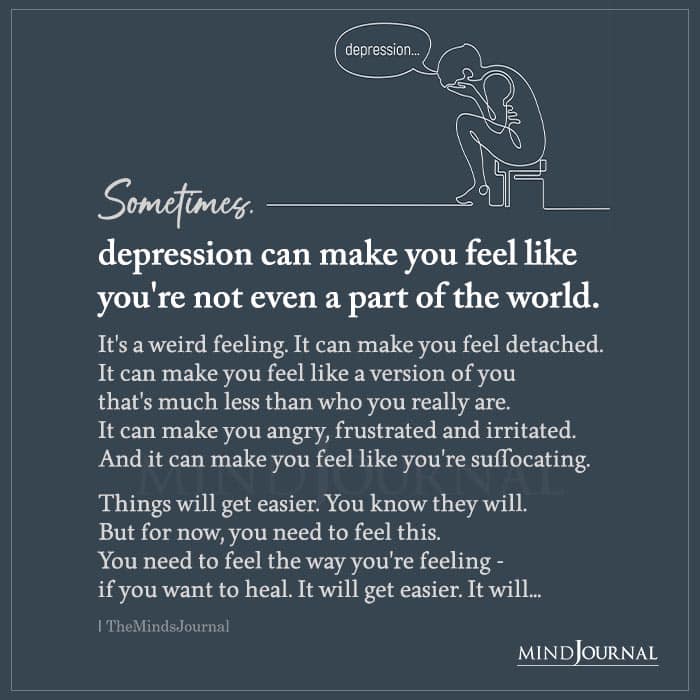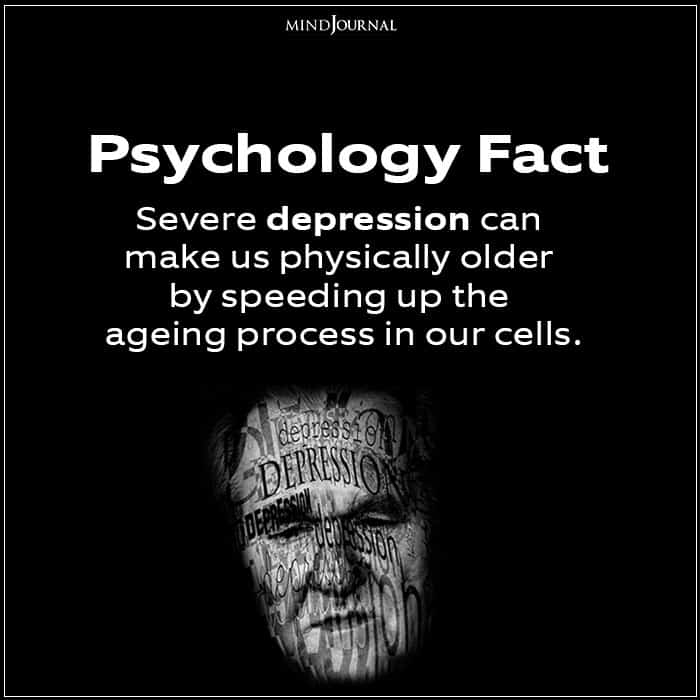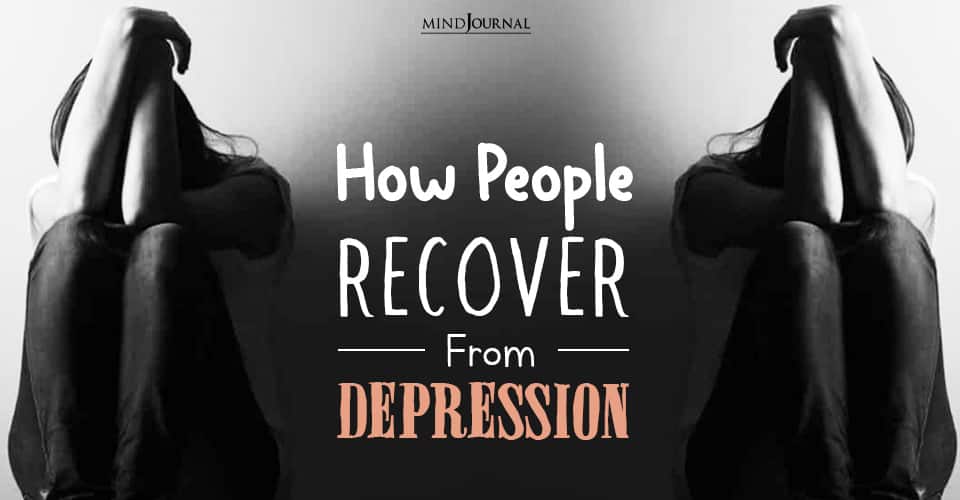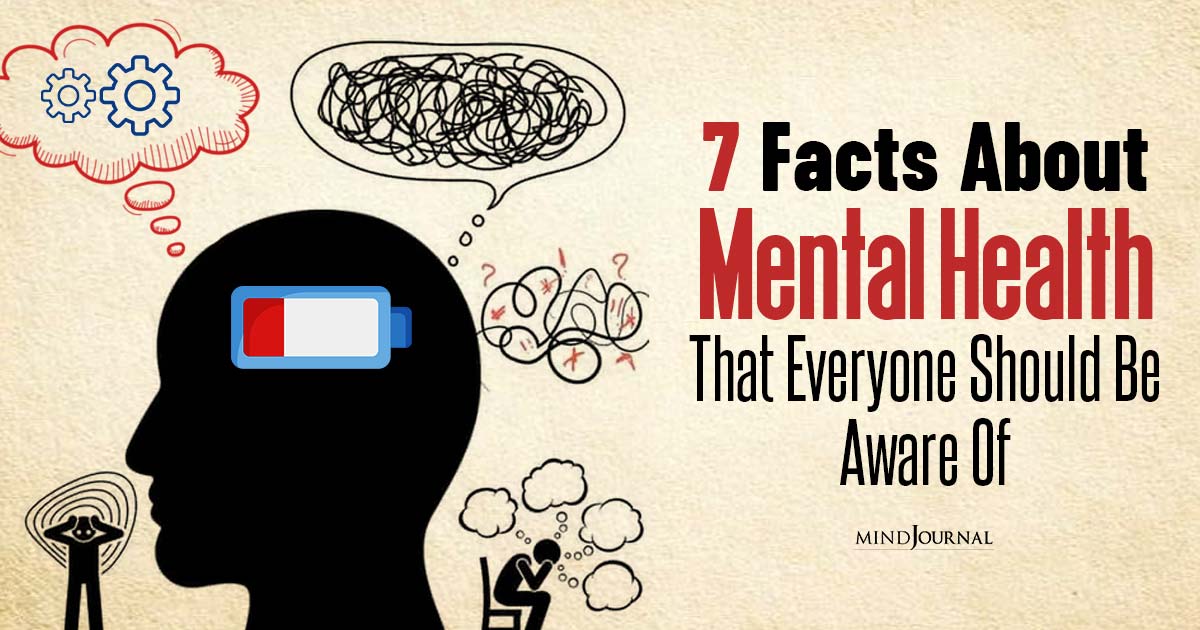Are you feeling depressed? Unable to escape the loop of negative thoughts? Here’s new research on not just recovering from depression, but thriving after emotional difficulties.
Written by: Todd B. Kashdan
The World Health Organization considers depression to be a monumental problem, specifically the leading cause of disability worldwide. That’s ahead of widely publicized contenders, such as cancer, heart disease, and diabetes. Reading the news today, you might conclude that depression leads inevitably to suicides, school shootings, or altercations with the police.

Can this darkest of human frailties ever point the way to something better?
Our personal and professional experiences say yes.
One of us (Rottenberg, running The Mood and Emotion Lab) saw this 25 years ago from the barrel of a depression. After a chronic struggle, he was ready to throw in the towel. He dropped out of graduate school and, after trying every medication advertised on television, was hospitalized. It seemed like his life was over. Extinguished. Done for.
After this shattering experience, somehow, someway, he pulled it together. He got married. Had a child. Became a psychologist. Focused on the study of depression. Got tenure. Somehow, someway, a grotesque experience led to an unexpected second act: After depression, little things didn’t rattle him, and life had a purpose, maybe even more than before.
One of us (Kashdan, running The Well-Being Lab) saw this as a new clinical science trainee, helping clients grapple with crippling social fear. Clients saw themselves as a bundle of massive, irreconcilable flaws. They feared being seen, feared meeting people, feared disclosure, even feared standing with others in an elevator. They were sure that social exposure meant scrutiny, then rejection. Tiny actions in treatment slowly dissolved these beliefs.
Also read What Is Cognitive Dissonance? Common Causes and How To Resolve It
Week one, say hello to someone. Week two, ask someone about their midnight guilty pleasure. Week three, go out with people and play volleyball. But the weirdest thing happened months after treatment ended. Baby steps somehow became giant leaps. Patients now spoke of positive self-regard, intimacy and laughter, and ambitious accomplishments. The goal of therapy was to help clients lose their crippling fear. Something else happened. They were thriving. How?
Struck by these observations, we joined forces to find out what is known about human rebirth after the calamity of depression. What explains it? How often does it happen?
Instead, consensus opinion in psychology, psychiatry, and public health go something like this:
“Depression is a chronic and recurrent condition, with each experienced depressive episode increasing the risk of future episodes,” as Dr. David Solomon and colleagues from the National Institute of Mental Health put in 2000.
Or, as Saba Moussavi and colleagues from the World Health Organization wrote in the Lancet, “Without treatment, depression has the tendency to assume a chronic course, be recurrent, and over time to be associated with increasing disability.”
We summed up the malaise of world-leading thinkers: If there is one piece of bankable expert consensus, it is that depression is a recurrent and chronic condition that is difficult to contain, even when treated.
Also read 6 Concrete Ways To Improve Your Emotional Health
In other words, the scientific literature clearly states that if you’ve had depression once, it will probably strike you down again and lay waste to your good years (ironically, disseminating this idea might exacerbate people’s depression). You’ll be impaired at work, your relationships will suffer, and your happiness and sense of meaning in life will be obstructed.

Sadly, depression can be a lifelong problem.
But as we dug more deeply into the corpus of epidemiological studies, we also saw signs of better outcomes. For example, in rare longitudinal studies that modeled the whole population, 40 to 60 percent of people who had depression once never experienced a recurrence, even after being questioned years and even decades later. Thriving, or well-being, was not measured directly in these studies, but it stands to reason that many of these people who had depression once, and shook it over the long term, were living better than the average human being without depression, experiencing frequent positive emotions, good relationships, autonomy in thought and action, and meaningful goals.
Recently, we analyzed data from a representative sample of 3,487 adults from the Midlife in the United States Study (MIDUS) to estimate how common thriving after depression really is. To count as thriving after depression, a person not only had to be free of the major symptoms of depression, he/she also had to report well-being superior to 75 percent of non-depressed adults from the United States. We set a very high bar for thriving. Remarkably, almost 10 percent of the people who were clinically depressed when they entered the MIDUS study were thriving 10 years later.
Our new vantage point on depression allows us to see that depression is sometimes far from being an inevitable death sentence. It can be a waystation. In a surprisingly large number of cases, people move from the ashes of despair to flourishing.
Who becomes reborn after depression?
We don’t yet know the full who, how, or why. In the coming years, we expect to unearth many routes to rebirth. For some, full healing may simply take the passage of time. Others may achieve it following formal treatment. Others may discover a new purpose in life or a daily routine that works for them. Some people may achieve this state after the first time they were depressed; others may get there only after several bouts of depression. The most exciting thing about illuminating these pathways is that some pathways undoubtedly will provide new points of leverage for containing the depression epidemic.
It seems surreal that it’s 2018, and only now do we have an estimate of how often people thrive after depression. This neglect of optimal outcomes is shocking because nobody seeks the mere absence of distress and disorder. The hope after depression is for a new era when one can love and be loved, be engaged in the present moment, extract joy and meaning, and do something that matters—something that makes the pain and setbacks of daily life worthwhile. Isn’t the whole point of intervention to help people unlock their potential despite a mental disorder?
We discovered that psychology and psychiatry have a blind spot for good outcomes. This blind spot is larger than depression. It covers substance use problems. It covers anxiety and eating disorders. It covers most major mental health problems. In all these cases, we lack even the most basic estimates of how many people go on to fully recover and flourish in their lives.
Also read 5 Ways Gratitude Improves Our Mental Health
We believe that until these blind spots are filled in, therapists and physicians should tread more lightly. People experiencing problems in treatment settings are routinely told that their condition has a grim prognosis. Until we know how common flourishing is, such pronouncements are misinformed, even hurtful. They do not serve patients well.
We need to see human beings as they are, which often differs from our intuition, expert opinions, and the inner monologue that plagues us when we experience the depths of depression or any emotional disturbance. Our new view about the possibilities after depression is not only a closer fit to existing scientific evidence, it also happens to be more hopeful.
Originally appeared on: Psychology Today Republished with permission










Leave a Reply